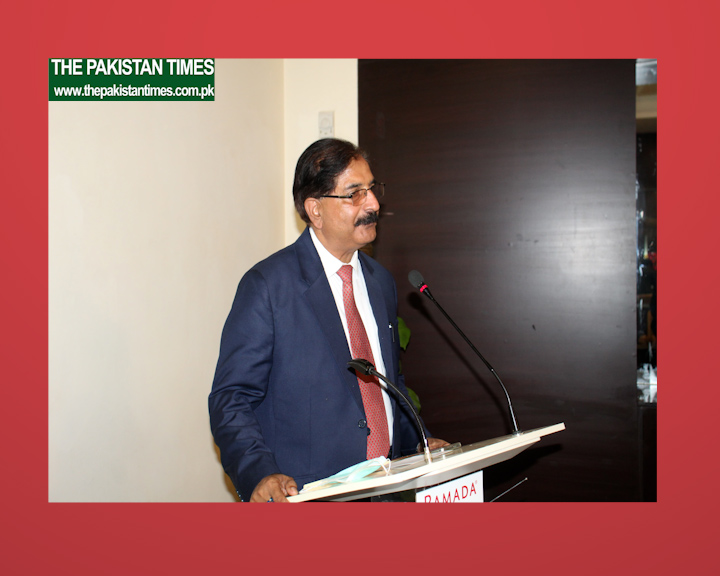
Islamabad 09 September 2024,(Kamran Raja): Big Soda’s Playbook to Block Important Public Health Policy for Healthier Societies. New Report Exposes Big Soda’s Tactics to Undercut Sugar-Sweetened Beverage Taxes Worldwide
The Global Health Advocacy Incubator (GHAI) released its report “Sweetened Profits: The Industry’s Playbook to Fight Sweetened Beverage Taxes,” exposing the beverage industry’s global campaign to oppose taxes on sweetened beverages (SBs). This report comes at a crucial time when nations are grappling with soaring rates of diet-related non-communicable diseases.
The comprehensive analysis provided by GHAI demonstrates how the beverage industry, also referred to as Big Soda, uses a global playbook of strategies to thwart government efforts aimed at reducing the consumption of sugary drinks, a known driver of obesity, diabetes, cardiovascular diseases and other serious health problems. These tactics undermine public health initiatives while also negatively impacting environmental sustainability.
“While the global community is working towards creating healthier populations, Big Soda is using its influence to derail policies that could save millions of lives and billions in healthcare costs,” said Verónica Schoj, Vice President, Food and Nutrition, GHAI. “Our report reveals the depth and breadth of the industry’s efforts to protect its profits at the expense of public health.”
Through exhaustive monitoring and analysis, GHAI identified five strategies employed by Big Soda to obstruct SB taxes across more than 25 countries. These include:
1. Manipulating Tax Designs: Instances such as in Vietnam, where industry bodies have pushed to exclude certain drinks from taxation.
2. Mounting Legal Challenges: Examples from Colombia and Spain highlight how legal threats and challenges are used to intimidate governments and contest the legality of SB taxes.
3. Discrediting Scientific Evidence: Tactics observed in Guam and China where industry-funded research is leveraged to question the effectiveness of SSB taxes.
4. Economic Alarmism: As seen in Nigeria and Pakistan, economic arguments are employed to suggest that SB taxes would lead to job losses and economic downturns.
5. Exploiting Social Concerns: Efforts in Indonesia show how the industry uses corporate social responsibility to overshadow their products’ health impacts.
“In Pakistan, the battle against Big Soda’s interference is particularly poignant,” said Sanaullah Ghumman, General Secretary, Pakistan National Heart Association (PANAH). “We witness how these multinational companies manipulate the narrative and exploit local contexts to maintain their market share at the cost of public health. This report clearly shows how the beverage industry is prioritizing profits over public health, using underhanded tactics to prevent the implementation of taxes that could save lives. We call on policymakers, civil society, and public health advocates in Pakistan to stand firm against these strategies and support evidence-based SB taxes.”
The GHAI report calls on policymakers, civil society and health advocates to anticipate and counter these tactics with robust, evidence-based SB tax designs that prioritize health over industry profits.